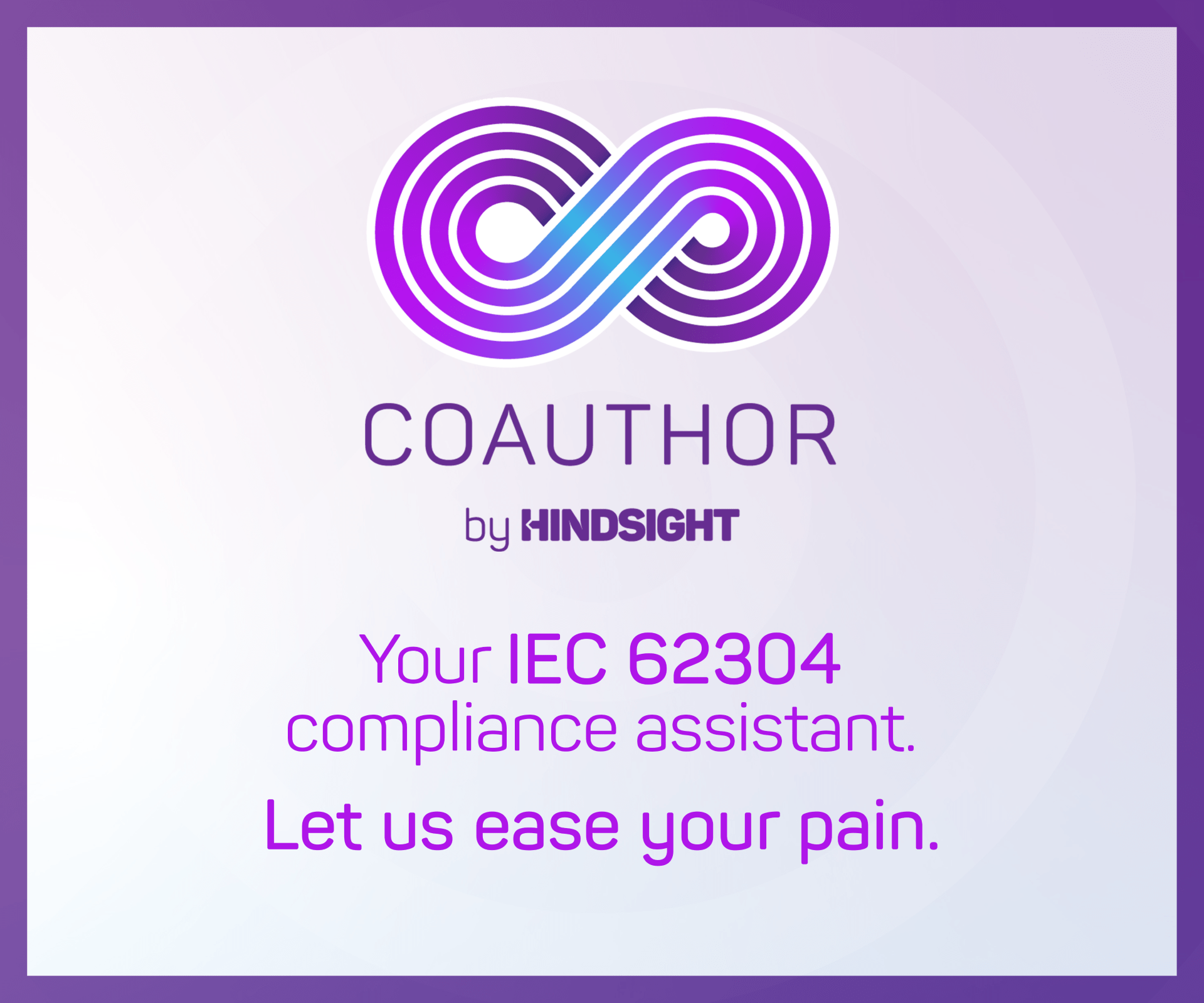Nicola Blackwood shared a speech at a Delving into Digital event at the Association of Medical Research Charities.
Health Minister, Nicola Blackwood, shared the government’s vision for a digitally-enabled NHS at a recent event entitled Delving into Digital. After the Health Secretary began his Tech Vision, more and more standards have followed suit. The NHS Long Term Plan set out how digital technologies will benefit the NHS while NHSX is a task force team to help with the digital transformation.
Nicola Blackwood urges the public to back digital technologies in the NHS. However, understands that many people feel frustrated that there may be bigger issues to address. She mentions the fact that the NHS has always been innovative and constantly seeking new ways to better record and analyse data as a way to benefit patients.
Innovation is clear throughout the ages in healthcare though John Snow using statistical analysis to determine cholera to Florence Nightingale who used statistical data to evaluate the efficacy of hospital services. Innovation and data analysis has always been crucial to healthcare and with this in mind; it is important that the NHS has the tools to get health data right.
So, how can we build a digitally enabled NHS? Nicola Blackwood breaks it down;
Firstly, the barriers need to be removed which means a consistent understanding of what good health tech looks like as well as gaining the trust of both the public and the NHS workforce.
However, by addressing these concerns now, the digital NHS will then be able to face the challenges of the future and turbocharge UK health research and life sciences. Furthermore, a digitally enabled NHS will be able to empower patients in ways that have, so far, not been possible.
Creating a digitally enabled NHS
Already, over half of NHS patients want to access online GP services. With this in mind, the NHS Long Term Plan has put in place that soon, all patients will be able to access digital primary care services. Another step is to prevent unnecessary visits to the hospital which cost the patient time and travel. The plan is to give acute care patients that chance to access digital services too.
E-clinics are another way that can help patients to receive fast access to consultants and specialist advice. In a kidney e-clinic, 50% of referrals are managed without the need for a hospital appointment. Consequently, waiting times are cut from 64 days to five days.
The next steps
In order to exploit digital opportunities, Nicola Blackwood believes that data assets must be more accessible. As a result, there is a £37.5 million investment into Digital Innovation Hubs which can make NHS data assets more accessible.
Another step is providing £100 million funding to drive and support the development of healthcare projects. £35 million has been designated as a Digital Health Technology Catalyst.
Finally, the NHS has an important role to play in gaining and retaining patient trust. With patient trust, individuals are more likely to engage in digital programmes and provide access to their data. As a result, the NHS can continue to drive forward and make improvements in healthcare as well as making the most of digital technologies.
You can read Nicola Blackwood’s full speech here.
Article source: https://www.gov.uk/government/speeches/building-a-digitally-enabled-nhs














